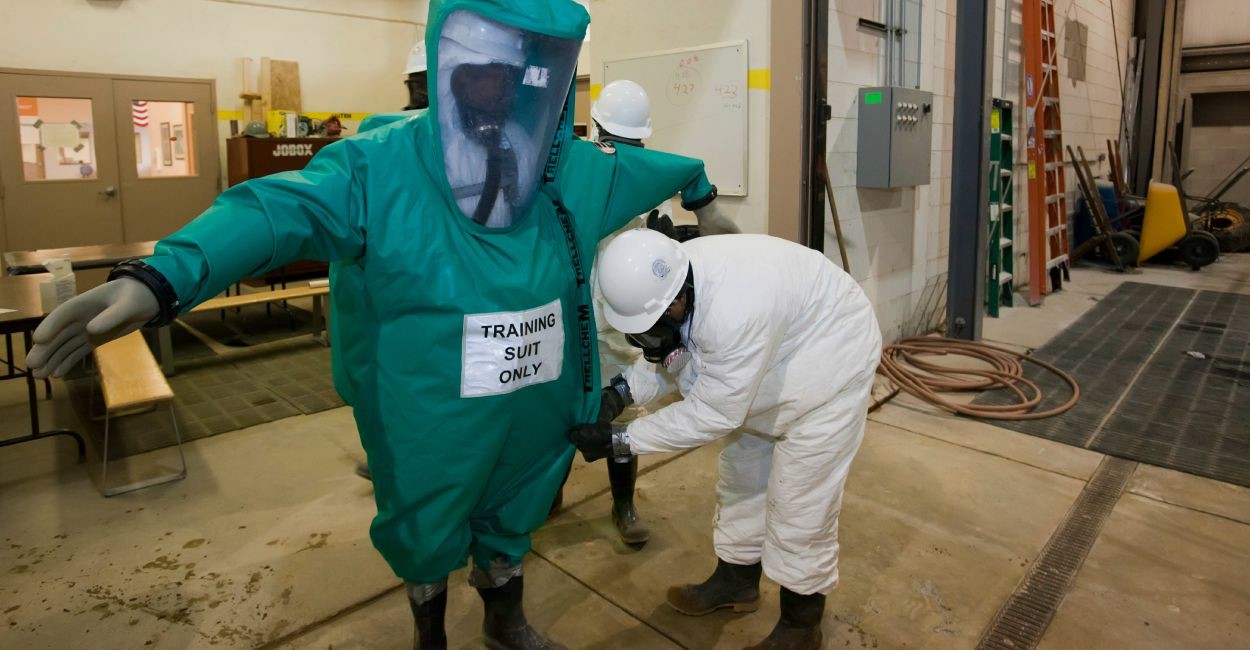
With headlines about the growing murder rate in our cities becoming more and more prevalent, the contours of the 2016 campaign may be coming into view. I can see smart GOP campaigns in 2016 taking a three-prong approach to attacking their Democratic opponents. Republican candidates will talk about strengthening our weak economy, reversing the embarrassment of our decline in influence abroad and introducing a plan to put an end to the raging crime wave currently occurring in American cities across the country.
The spike in murders could be every bit as corrosive for the Democrats as our economic woes and foreign policy failures. Simply put, fear of crime could drive turnout up for Republicans and down for Democrats. No one who is worried about crime in their neighborhood or about crime coming to their neighborhood should think that electing more Democrats anywhere to any office is the solution.
The completely unprepared Barack Obama, who was elected to be the nation’s top law enforcement officer, set the tone early in his presidency with a bias that was – at best – skeptical about the police. And his fellow Democrats either remained silent or joined the chorus when radicals in their own party called for less incarceration, fewer arrests and a pullback of police presence in high-crime communities. Well, you reap what you sow. The spike in murders and violent crime is an issue of the Democrats’ own making. And, oh by the way, pandering to government unions for endorsements isn’t the same as supporting cops on the streets.
The Post’s Courtland Milloy wrote an interesting piece, “We’ve ignored a reason for homicides of blacks: Look at the enemy within.” Incredibly, Milloy quotes THE Eric Holder talking about violence in 1994, when Holder said, “Crime is generated by a lack of values that has gone largely unaddressed in our nation as a whole and in the black community in particular. Soaring unwed birthrates, absentee fathers, an aversion to work, an unwillingness to embrace societal standards and time-honored discipline – all these factors have contributed to the problems we must now confront.” If a Republican said that today, we know how the Democrats would howl. More than two decades later, speaking as Attorney General under President Obama, Eric Holder was blaming “systemic racism” and “cycles of poverty, crime and incarceration” for the same problem. Milloy argues those two statements are not contradictory, but I think it shows how the Democrats have capitulated to the most shrill voices in their coalition and adopted the denial and lack of accountability that has been a staple of the Obama Administration.
What we are seeing is the crescendo of the Obama stewardship of race relations in America. It is a fair question to ask if President Obama and the Democrats have contributed to the targets being placed on the backs of police officers everywhere. The naïve community organizer has ushered in the unintended consequences of a police pullback in many American cities. And the reality is, many of these American cities – such as Baltimore – are wholly owned by the Democratic party.








